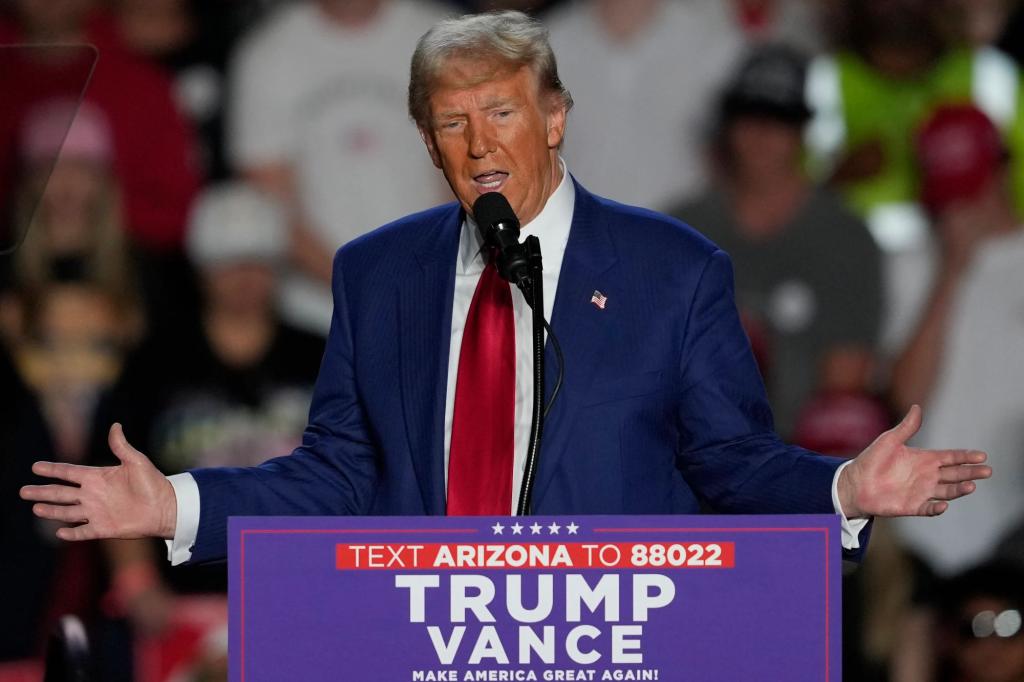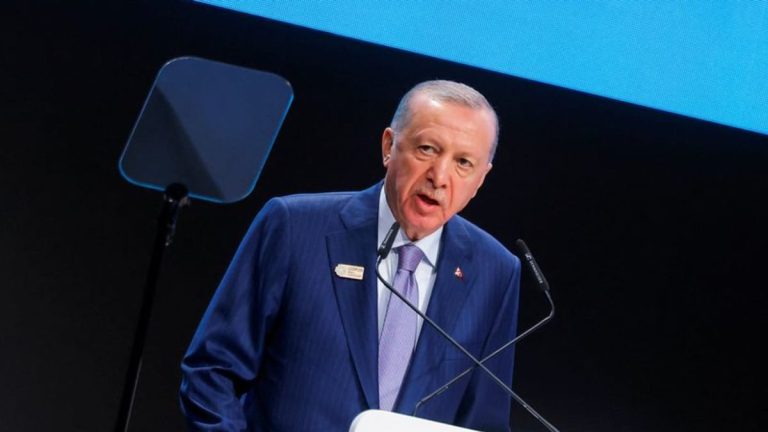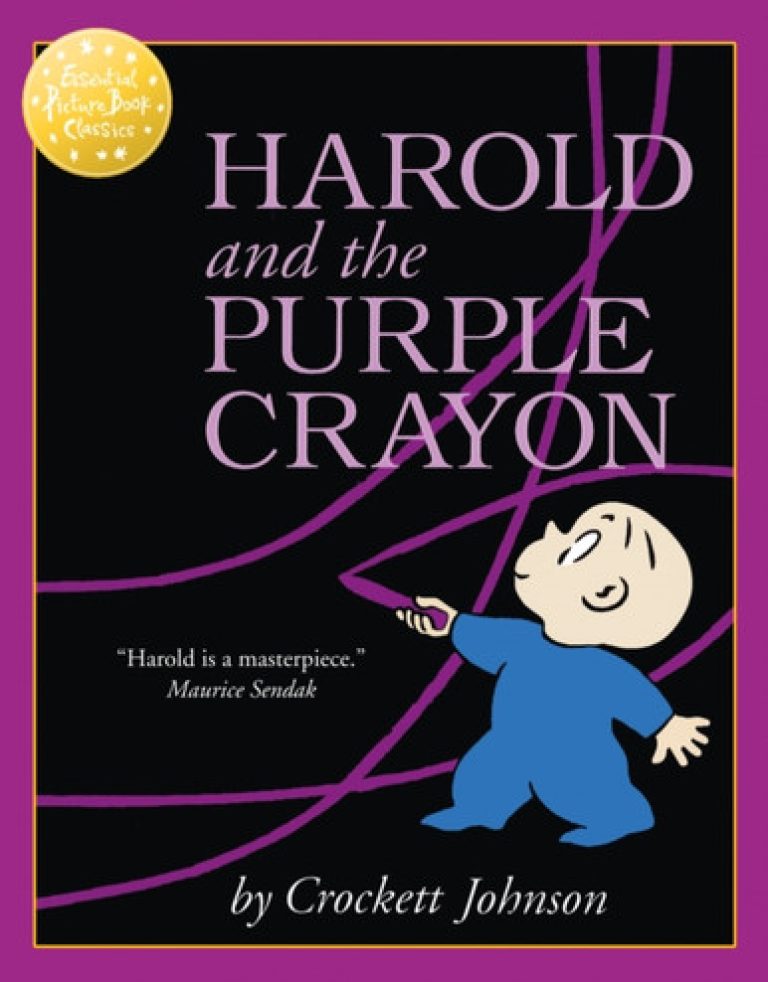There has been no shortage of criticism against President Donald Trump throughout his time in office, and one of the voices that has cut through the hubbub is Kamala Harris. However, her allegations — describing Trump as a man more interested in the wealthy, unserious and selfish — are founded on a tired, joyless slur rather than an accurate examination of his political stance. Recently, Harris has also drawn parallels between Trump’s governance and fascism, an extreme right-wing populist ideology followed by dictators around the world. This is not only misinformed but also unproductive.
Fascism, as history teaches us, was a totalitarian political ideology that believed in dictatorial power, a dramatic departure from the ideals of democracy. The term is often thrown around recklessly in modern political discussions and has become something of an umbrella term to discredit political opponents. Unfortunately, it seems Harris has also fallen into this trap.
In my book, “The Case for Nationalism,” I delve into the political sphere of the 20th century and the rise and fall of fascism. What defined fascism was its detestation for parliamentary democracy, as dictators like Mussolini and Hitler sought total control, bypassing any democratic system in place. Their ideologies were rooted in concepts of race superiority and aimed at establishing a dictatorial regime through a single party system. The Trump administration has been divisive, but calling it fascist undermines the true horror that these regimes generated.
Trump’s style of governance might not align with everyone’s perspective, but to attempt to brush him under the banner of fascism does a disservice to both the reality of his administration and to the objective study of history. Trump’s power does not derive from the elimination of democracy, but rather from the exploitation of its established institutions, a fundamental difference that Harris overlooks.
Moreover, Harris’ assertion that Trump cares more for the wealthy than the average American echoes a rhetoric used by many of his critics. While it is undeniable that Trump’s policies have often favored corporations, it is equally undeniable that many find in him a leader who speaks in their name, dismissing political correctness that they often perceive as hypocritical elite jargon. Therefore, her attempts at painting Trump as purely elitist and self-involved only serve to alienate individuals who find their concerns echoed in his speeches.
Allowing hyperbole and emotional rhetoric to dictate political discourse can risk not just the objectivity of the arguments but also the credibility of the speaker. By employing such unfounded labels, Harris fuels the already polarized climate, widening political divides rather than bridging them.
It is essential during these charged political times that we maintain a firm grasp on reality and the principles of fair discourse. Despite the sheer volume of criticisms against the Trump administration, it is vital to distinguish between valid concerns and unproductive slurs. The real danger lies in not doing so. Because in seeking to combat what they perceive as a threat to democracy, critics may inadvertently end up eroding the very foundations they are trying to protect.
In the light of above arguments, it is paramount to reiterate that regardless of political standing or opinion, throwing around terms like fascism without a full understanding of its historical context and implications can be nothing more than a cheap political stunt. Criticism, especially at the level of presidency, must be rooted in fact, not in reckless and fearmongering rhetoric. Despite Harris’s tired slurs, Trump’s surging popularity is testament to the fact that he is not a fascist but simply a leader who stirs passionate debate.



